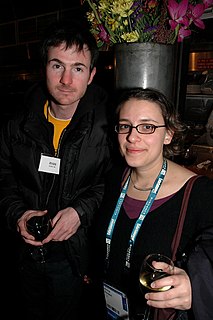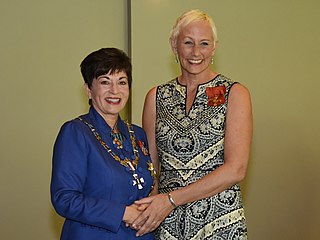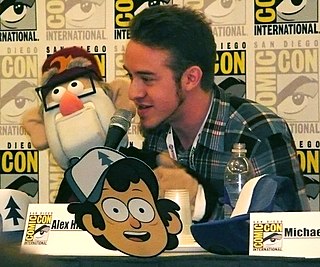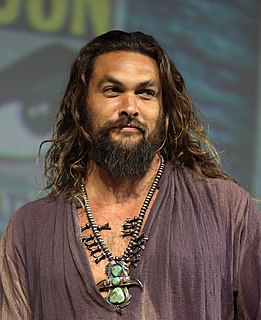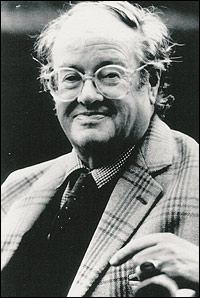A Quote by David Schwimmer
I love helping someone else tell their story, but I like being the storyteller sometimes.
Related Quotes
What's your story? It's all in the telling. Stories are compasses and architecture; we navigate by them, and to be without a story is to be lost in the vastness of world that spreads in all directions like arctic tundra or sea ice. To love someone is to put yourself in their place, we say, which is to put yourself in their story, or figure out how to tell yourself their story. Which means that a place is a story, and stories are geography, and empathy is first of all an act of imagination, a storyteller's art, and then a way of traveling from here to there.
You get told a lot in school to tell what you know, write what you know. But what excites me about filmmaking, about being a storyteller, is being able to learn about other people, putting myself in somebody else's shoes, whether that be someone from the Dominican Republic or someone from Cuba or inner-city Brooklyn.
We try to guide with a light touch. Sometimes we can be helpful, and my goal with my team, both on the series side and on the film side, is that the collaboration should always be invited. In other words, we're not looking to impose our view on the filmmaker; we hire a storyteller because we love the story, and we love their ability to tell it.
I would love to sign on to do a movie if it was the right role and if it was the right script, because I would be taking time away from music to tell a big grand story, and spend all of my time and pouring all of my emotions into being someone else. So for me to do that, it would have to be a story worth telling.
Love is a story we tell with another person. It's cocreation through conarration. When you hit bumps in the road and challenges, you write a new chapter in your story together. Love is the constant act of revising and retelling your own story in real time. You don't do it by yourself. You do it with someone else. The only way you do that is to talk to each other and create a shared narrative.
Technology adds nothing to art. Two thousand years ago, I could tell you a story, and at any point during the story I could stop, and ask, 'Now do you want the hero to be kidnapped, or not?' But that would, of course, have ruined the story. Part of the experience of being entertained is sitting back and plugging into someone else's vision.




